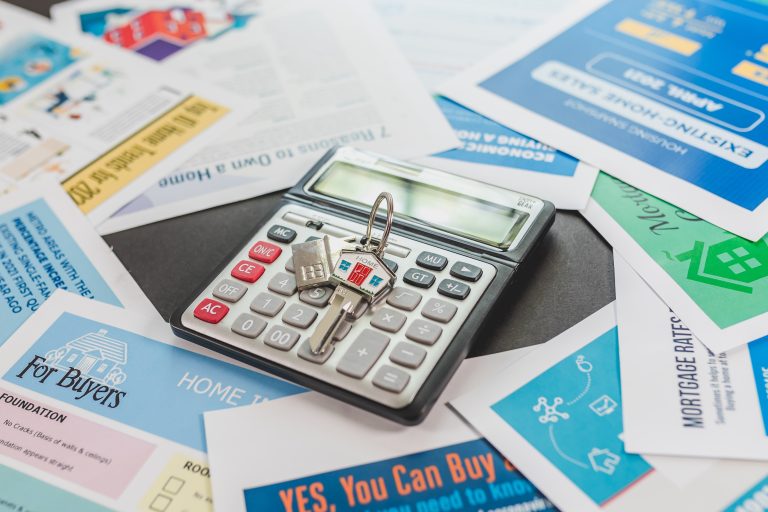Foreign Investors and the Foreign Investment Review Board

Foreign residents who invest in Australian property assets should get professional cross-border strategy advice before acquiring or disposing of their investment. Not doing so could cost them in more ways than one.
Foreign property investors are coming under increased scrutiny as the Australian Government announced a tightening of compliance required to meet the regulations imposed by the Foreign Investment Review Board. The move coincides with the government’s ongoing focus on foreign investor tax avoidance.
A recent report from Credit Suisse shows that Chinese property investors purchased more than $8.7 billion worth of Australian property in 2013/14, with projections that this will increase to $60 billion by 2020.
Amid concerns that the property booms of Sydney and Melbourne are being fuelled by foreign investor activity, and the recent forced sale of a Potts Point mansion by its Chinese owner, the Foreign Investment Review Board has signalled that tougher compliance and costs lie ahead.
Despite the forced sale and the property boom showing mixed signals about its future growth, foreign investors are continuing to see Australia’s capital cities as investment opportunities.
And it’s not only Chinese buyers who are investing in Australian property.
So what are the key compliance, reporting and taxation considerations that foreign resident investors need to understand?
The rules for buying Australian investment property
Temporary Residents
Temporary residents on spouse, 457 or student visas must:
- Obtain approval from FIRB before purchasing a property
- Buy an established dwelling and be living in it whilst in Australia.
- Buy new property or vacant land to build new dwellings and if the property is for investment rather than to live in, comply with Australian tax reporting.
Foreign Investors
Foreign investors are subject to different rules than temporary residents. Foreign investors must:
- Obtain approval from FIRB
- The investment property must be a new property or vacant land to build a new property.
- Not buy established dwellings as an investment property.
Foreign investors can buy new property in their own name and rent it out to their children, provided the child is a temporary resident e.g. a student or on an approved visa.
Application fees and registration for foreign investors
- A $5,000 application fee for properties valued at less than $1 million
- A $10,000 application fee for every extra million dollars in the purchase price.
According to statements made by Treasurer, Joe Hockey, the fees will be collected by the Australian Tax Office. Foreign investors will also be expected to add their property investment to a register kept by the FIRB in an effort to track how many foreign investors there really are in Australia.
A renewed focus on FIRB compliance
The last prosecution of a foreign national for non-compliance with FIRB’s rules was as far back as 2006, which led to FIRB’s reputation for being toothless.
In addition to allocating increased funding from the May Federal budget, the Government has also outlined the penalties for not adhering to the FIRB process, such as:
- Small fines of $2040 for those who inadvertently beach the rules but turn themselves in or up to 10% of the property’s value if they don’t seek approval.
- For people who buy property that they aren’t allowed to, the penalty is a forced sale and 25% of the proceeds from the sale.
- For individuals who help foreign investors to get around the rules, there is also a penalty of $42,000. This may include people such as real estate agents, conveyances and family members.
Understand the investment structure for buying and selling property
Foreign investors have several points of compliance to adhere to, however there are other traps for foreign residents when buying and selling property. Two of the most frequent issues include buying property within the wrong investment structure and not documenting the purchase properly.
The way an investment is structured largely comes down to intent i.e. how the property will be used, where the funds come from, and whether it will generate income.
An expert cross boarder tax specialist can help investors to navigate the complexities of tax effective structures from the outset. It is difficult – and costly – to change investment structures once they are in place, so seeking advice early is essential for avoiding unintended tax consequences.
A second issue is ensuring that buyers document carefully how a property is purchased and the investment structured. This allows an investor to show intent, which is often where foreign investors come undone with the Australian Tax office.
Professional advice will ensure that foreign investors are aware of what types of documentation should be kept and how intent should be documented, so that in the event that the investment come under scrutiny from the FIRB, it is straightforward to demonstrate compliance with foreign investment rules and tax obligations.
What happens when the assets are sold?
Foreign investors have a number of considerations when selling their Australian property assets, in particular the withholding tax and capital gains, which are no longer discounted for foreign residents.
Foreign investors must pay a 10% withholding tax when the property is sold, along with capital gains tax, which is no longer discounted for foreign investors.
The challenge with the withholding tax is that it is incumbent on the buyer to know that the seller is a foreign national, which raises a number of issues about where the onus of compliance lies.
Professional advice and guidance is essential
For more information about foreign investment in Australian property, please contact our International Tax team on 02 9957 4033 for a confidential discussion.
Last updated August 2015. This factsheet is provided for information purposes only and is correct at the time of publishing. It should not be used in place of advice from your accountant.